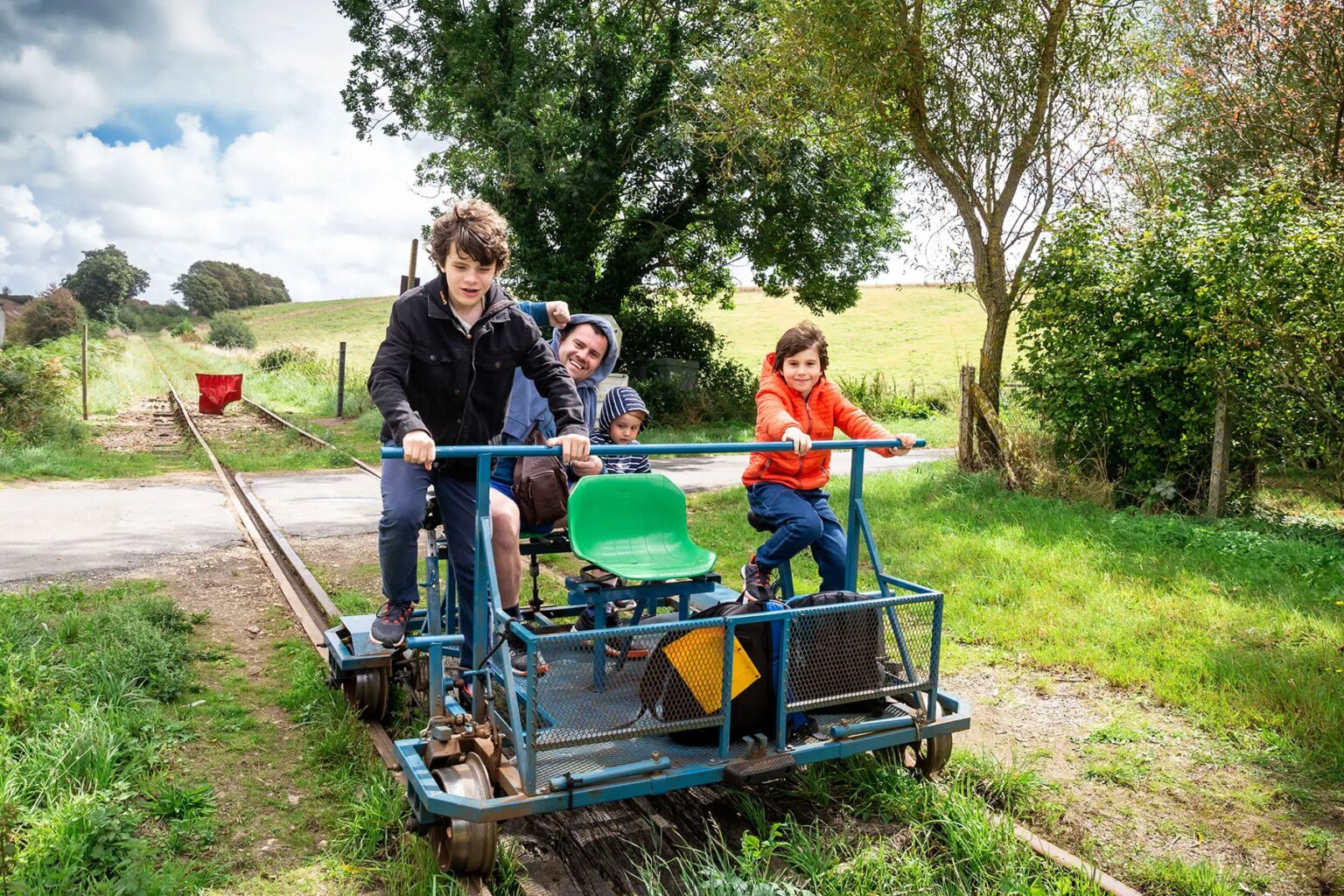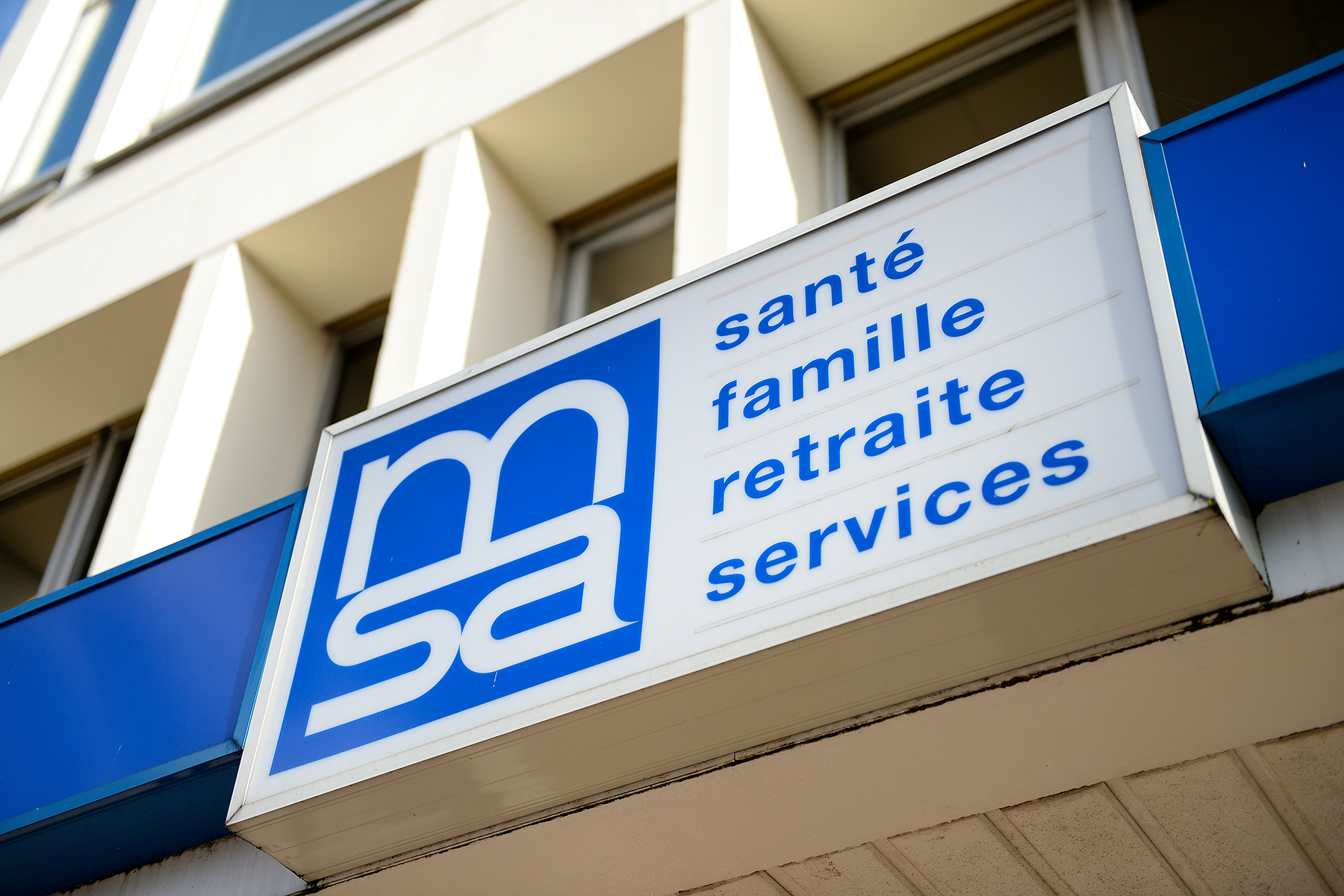France is a fantastic place to raise children. Not only can they access high-quality, free healthcare and great schooling from the age of three, but they also have their pick of fun family-friendly activities to enjoy. What’s more, given the country’s short working week, little ones get to spend even more quality time with mum and dad.
Whether you are relocating to France with children, or planning on starting a family there, below is an overview of what to expect when it comes to French parenting:
The family unit in France
Given that France has a relatively low marriage rate (3.5 marriages per 1,000 people) compared to the OECD and EU averages (4.6 and 4.8), it is perhaps hardly surprising that the majority of children in the country are born outside of wedlock. In fact, this figure has been rising steadily over the past decade, reaching almost 64% in 2022.
Moreover, in 2020, 25% of families in France were single-parent, and 9% were ‘blended’, with four in ten of these families living with three or more children. Needless to say, it is clear that France is moving away from the traditional ‘nuclear family’ structure.
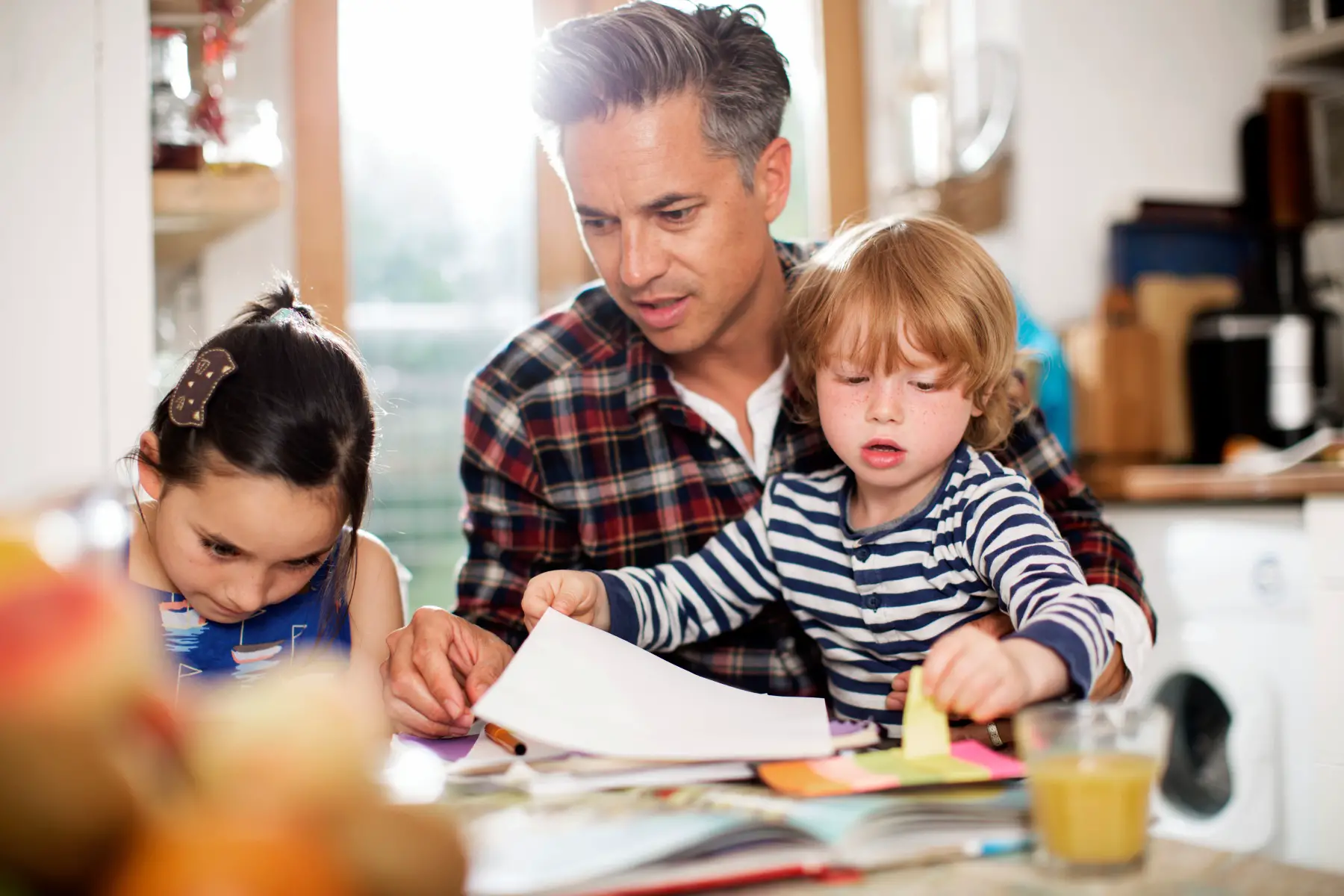
Several significant changes in the country’s law have also reshaped what modern families can look like in France. For example, the legalization of same-sex marriage in 2013 made it possible for married homosexual couples to adopt children. This led to a trend whereby one spouse of a same-sex couple would adopt the child of the other, leading to 1,261 cases in 2018. The passing of the bioethics law in 2021 also made medically assisted reproduction available to single women and lesbian couples.
It also appears that the number of families with multiple children is higher in France than in other European countries. Indeed, data from 2022 reveals that 4.3% of French households had three or more children, falling behind Ireland (with 7.4%) and Sweden (with 5.6%).
This may be due to fiscal and social policies in France which have benefited larger families for years. For instance, the Carte Famille Nombreuse is available if you have three or more children. This card allows you to access many advantages and reductions for travel, holidays, and leisure activities. Childcare costs are also significantly lower for each additional child.
Family activities and attractions
The French prioritize spending quality time together, particularly during meals, which are important occasions to strengthen family bonds.
Work-life balance is also important in French culture, and the country’s labor law dictates that the standard workweek is 35 hours per week, which allows parents to spend more time with their children.

Moreover, oftentimes, one parent will finish work early (at around 16:00) so they can collect their children from school and take them out to enjoy other activities before the evening begins. This can be anything from private music lessons to playdates in the local park.
Fortunately, France offers a wide range of family activities that cater to different interests and age groups. Throughout the year, various family-friendly events and festivals take place across the country, including Christmas markets, summer fairs, and cultural celebrations.
These are all opportunities for families to come together and enjoy live music, performances, and local traditions. In fact, it is not uncommon to see children with noise-canceling headphones bopping along to a rock concert on their parents’ shoulders.
Attitudes towards children in France
Generally speaking, children in France are considered to be important and valuable members of society. And while strangers will typically not interact with them, they are welcome in public spaces, restaurants, and cultural events.
Around the age of 11 or 12, children start gaining independence and begin socializing alone with friends and having their own bank accounts, which are known as Livret Jeune. And while French parenting styles may vary, children are generally seen as individuals with their own rights and opinions.
Childbirth
Fortunately for expectant mothers, France has an excellent healthcare system that is accessible to all citizens and residents. In fact, it spent 12.2% of its GDP on healthcare in 2020, surpassed only by Germany with 12.8%. Almost all births in France take place in a medical setting, and home births are extremely rare.

Those with public health insurance can access a range of hospitals, doctors, and specialist care in France. This includes most privately-run hospitals. However, because the price of privately-run services is higher, you will need to pay for the part that isn’t covered by state health insurance yourself. For this reason, some choose to take out supplementary private health insurance to cover the remaining costs.
Notably, having additional health insurance also means that you have access to better amenities, such as your own private room, for the few days you spend in the hospital after giving birth.
Aside from maternity care, there is extensive – and free – ante- and post-natal care available in France. This includes home visits from your midwife after the birth as well as nutritional and health advice, vaccines, and more. Needless to say, you will be well looked after as a new mother in France.
Childcare
Childcare in France is varied and extensive. It is also means-tested and, therefore, largely affordable. Women typically return to work three to six months after giving birth which means that nurseries accommodate babies as young as three months old.
Whether you would rather leave your baby with a nounou (nanny) or in a crèche with children of all ages, there should be various options to choose from in your local area. That said, places tend to fill up fast, so it is best to start researching and applying as soon as possible.
Schooling
Generally speaking, the quality of education in France is high. Children are integrated into a school-like environment from the age of three when they start attending the école maternelle (pre-school).
During these three years, children learn how to socialize, as well as focus, create, and achieve goals. They take part in set activities that help them develop their skills in numeracy, literacy, oral expression, music, art, and physical education.
Once they have finished maternelle, most children attend their local public primary school and then secondary school, which are assigned to them based on their address. However, a minority of children attend private schools, some of which are religious schools or institutions with international programs. Notably, the French government strictly limits homeschooling, and as a result, it is extremely rare.
Parenting styles in France
Like any country in the world, parenting styles vary in France. However, generally speaking, it places an emphasis on teaching respect, discipline, and setting boundaries while also fostering independence and a sense of responsibility in children. Therefore, you might say that it combines both conservative and traditional approaches with a more liberal mindset.
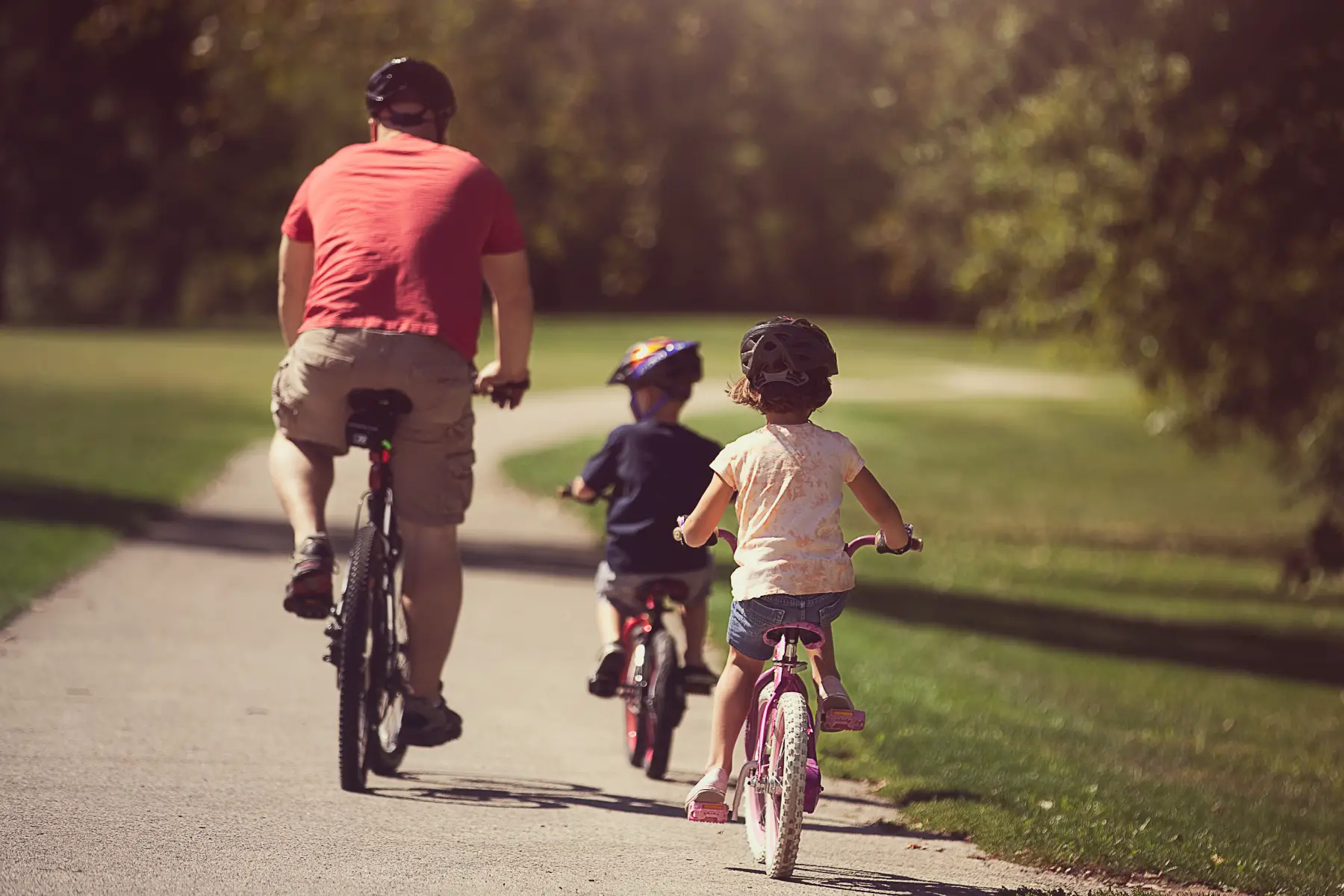
Currently, there is a certain focus on positive parenting, which is also known as éducation bienveillante. This approach involves listening, communicating in a gentle and understanding manner, and showing respect for the child’s needs and emotions. It seeks to avoid negative confrontation and punishment, allowing the child to explore their emotions and gain confidence.
Raising teenagers
While there are many after-school activities on offer for teenagers in France, parents tend to take a relatively relaxed approach and avoid over-scheduling. They do, however, consider it important for teenagers to gain independence and socialize with peers. Mental health is also taken very seriously, and France’s well-developed healthcare system includes free care for young people experiencing difficulties.
It also includes sexual health services and advice for young people. Teenagers can access support through the OnSexprime public health platform which provides a list of helplines and relevant associations for those seeking help and advice concerning their sexuality. Fil Santé Jeunes also offers a free and confidential phone line and chat service aimed at 12 to 25-year-olds.
Sex education is also compulsory in all French schools. This includes at least three mandatory lessons per year which focus on contraception and STI prevention. However, despite these provisions, French health authorities estimate that the rate of STDs increased by about 30% in both 2020 and 2021. As a result, condoms are now available for free in pharmacies for anyone under the age of 25.
Parenting support and classes
You should look locally for parenting support classes in France. Your child’s nursery or school will usually advertise sessions on specific childcare topics. Similarly, your local cultural center, maternity center (known as PMI), or town hall (mairie) may offer free group sessions.
Of course, you can always find relevant support groups online and through social media platforms. However, these will likely be in French. Alternatively, you might want to look for a support network of English-speaking parents who live near you, such as the English-Speaking Mums/Moms living in Paris Facebook group.
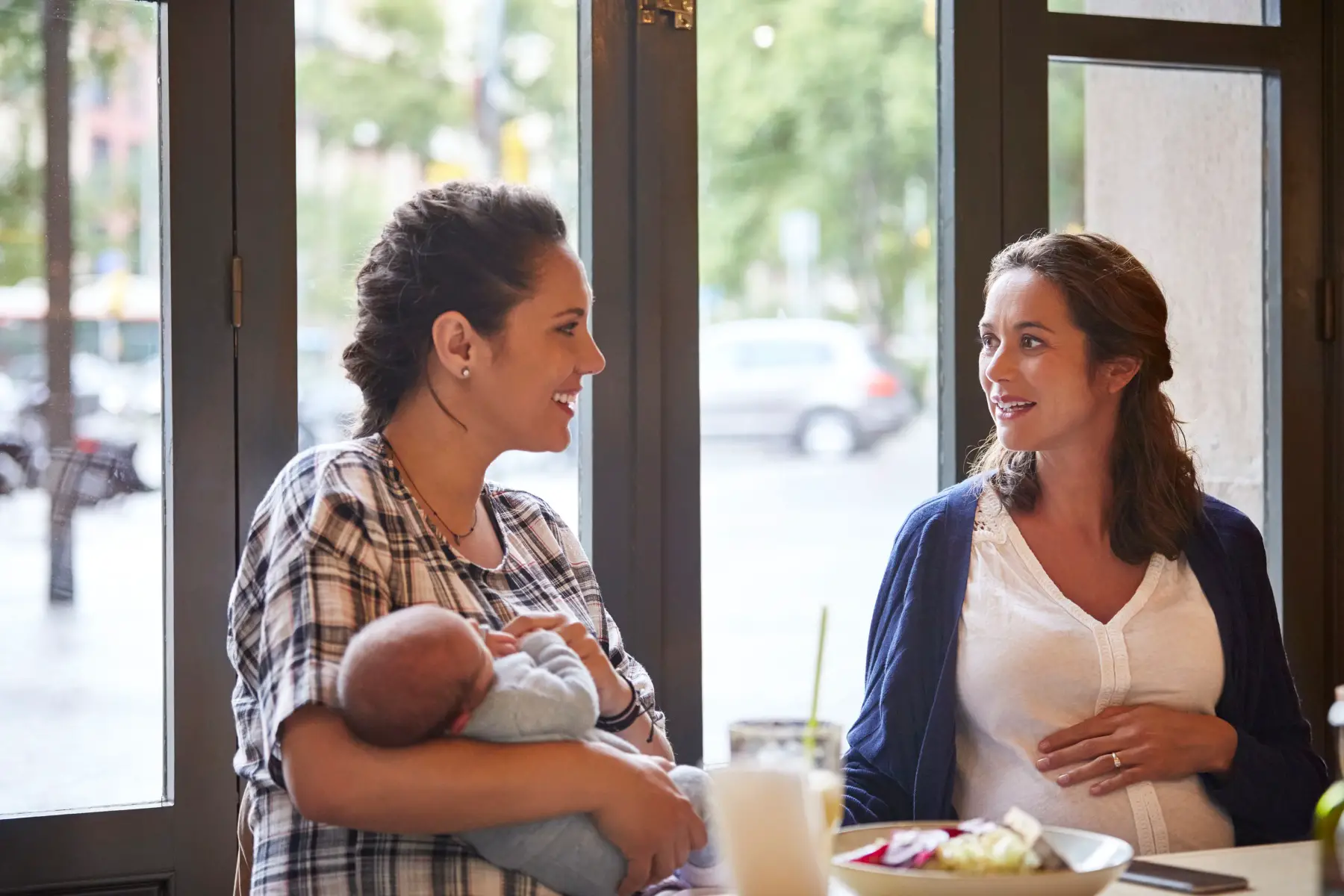
Moreover, your child’s school will usually have parents’ groups (associations de parents d’élèves) which provide a platform to connect with other parents and share experiences.
Families with special needs in France
If you have a child with special needs, you should contact your local Maison Départementale des Personnes Handicapées (MDPH) (department for disabled people) which will be able to advise you on your rights and benefits. Financial support is available through the allocation d’éducation de l’enfant handicapé (AEEH).
Notably, 40% of childcare establishments (PDF in French) cater to at least one special needs child. Moreover, there are 112 preschools in France that specialize in children with autism.
Most school-age children with special needs can attend mainstream classes but have extra learning support. However, some also attend specialized classes, which are known as établissements médico-sociaux or structures médico-sociales.
Unfortunately, despite the availability of government support, a study from 2020 (PDF in French) highlighted some failings. Indeed, special needs families in France are still more likely to be single-parent households and in a worse financial situation. Moreover, many mothers work less or not at all due to childcare limitations.
The French government’s dedicated site provides more general information about living with special needs in the country.
Adopting and fostering in France
The French National Adoption Agency (Agence Française de l’Adoption) oversees the adoption process in France. This is lengthy and involves thorough assessments, paperwork, and mandatory preparation courses.
Although it is legal for a married same-sex couple to apply for adoption, in practice the process rarely succeeds, as the country of the child’s origin may refuse it. Notably, a single person outside of marriage may also apply for adoption, and their partner, should they later find one, may apply to adopt the child once they are married.

Being a foster parent in France is considered to be a job and is known as assistant familial or être une famille d’accueil. In essence, you become an employee of a public service structure or association. There are currently around 40,000 foster homes in France.
You must contact your local service de protection maternelle et infantile (PMI) to start your application. The whole process takes around four months and includes interviews and medical and police clearance.
The Service Public website provides more extensive information about fostering children in France.
The role of grandparents and the elderly
It is very common to see grandparents taking care of younger children in France. Indeed, extended family is important in French culture, and grandparents are not only there to offer an extra pair of reliable hands, but also to help pass on family and regional traditions to the younger generations.
Moreover, grandparents are often the key to restoring balance to the lives of parents once they have children. They are also invaluable when it comes to providing daycare during the numerous school holidays dotted throughout the year, allowing parents to work and juggle their various commitments.
Children affectionately call their grandfather (grand-père) papi or pépé, while the grande-mère is the mamie or sometimes mémé. Notably, the two different terms often distinguish the paternal and maternal grandparents.
Family pets in France
Cats are the most popular pet in France, with more than 30% of households owning at least one, compared with dogs (20%). In fact, France had the largest population of pet cats per capita in 2021, reaching 15 million.
Small mammals and birds, on the other hand, are a little less popular. French households were home to 3.6 million hamsters, guinea pigs, and other small mammals in 2021. Meanwhile, there were 26 million fish swimming around French home aquariums.
Amazingly, France held the European record in 2021 for having the largest number of pet reptiles and was home to 3.3 million snakes, turtles, and lizards.
Work and welfare for families
If you live in France with dependent children up to the age of 20, you are entitled to family benefits. This is regardless of whether they are legitimate, illegitimate, fostered, or adopted.
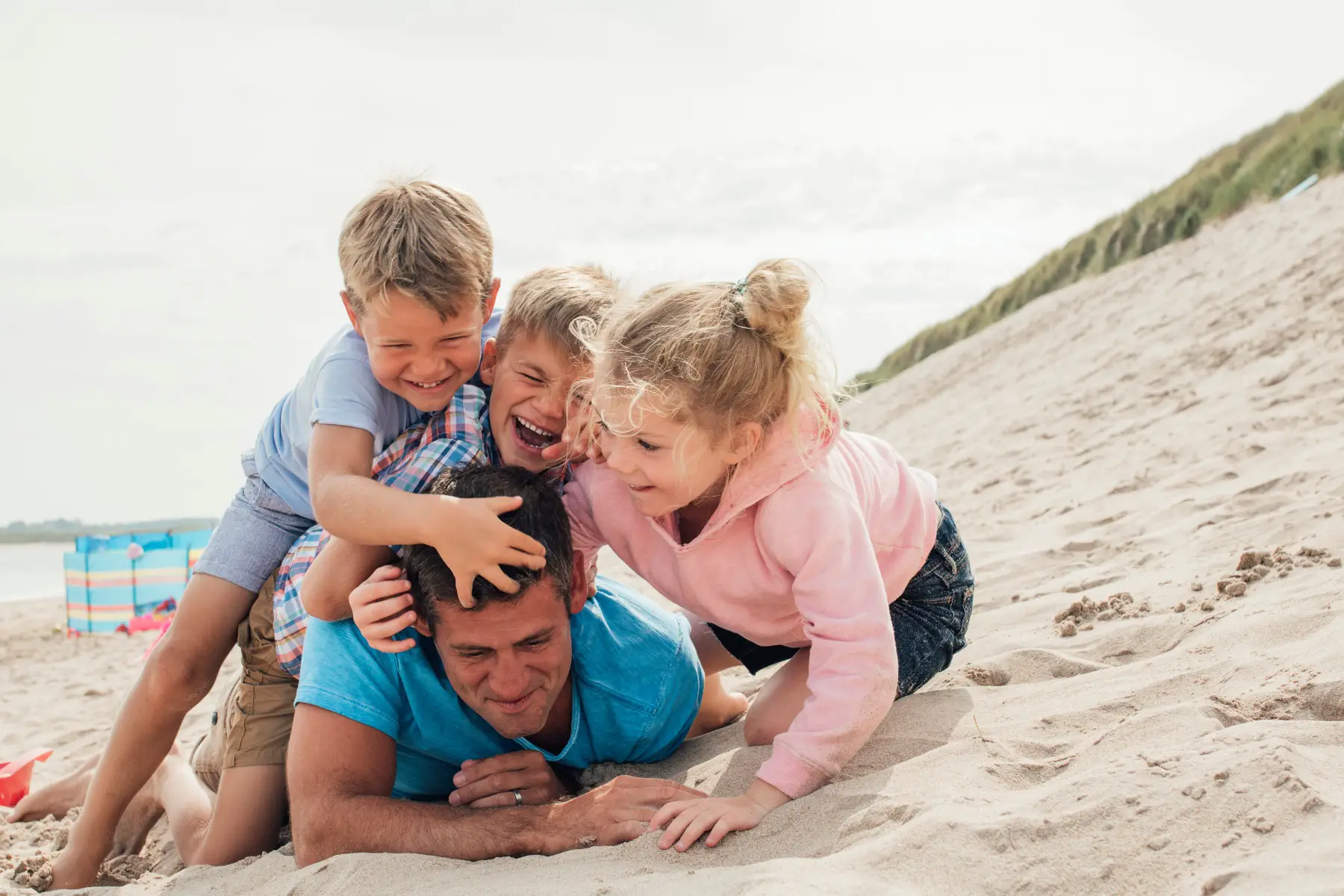
Similar to childcare costs, these basic benefits are largely means-tested. Notably, if you have three or more children, you can access additional allowances and income supplements.
Although maternity leave in France is relatively short (only 16 weeks), and paternity leave is even shorter (28 days), parents have significant labor law rights in the country. For instance, you cannot lose your job while you are pregnant, on maternity leave, or within 10 weeks after returning to work. You can read more about that in our article on having a baby in France.
Family health and wellbeing
If you have lived in France for more than three months, you can access free healthcare when you apply for a Carte Vitale (public health insurance card). This gives you and your children access to all the necessary healthcare services, including mandatory vaccinations and regular pediatric check-ups.
That said, the vast majority of French residents choose to take out supplementary private health insurance on top of their public healthcare to cover additional costs such as extended hospital stays or specific treatments.
Notably, even though some specialists are in very high demand or even lacking in rural areas, the quality of healthcare in France is generally excellent. And if you can’t find a local pediatrician to assist your child, you can always take them to a GP (généraliste) or a 24-hour free health clinic (SOS médecins). You can read more about this in our article on children’s healthcare in France.
Useful resources
- Enfant Différent – an extensive association-run website that guides parents with special needs children in France
- Handicap.gouv – the official government website for resources and information on special needs
- Parents.fr – a French-language website dedicated to everything family-themed
- Service Public – the French administration site which provides simple explanations and guidelines for navigating family life and schooling in France
